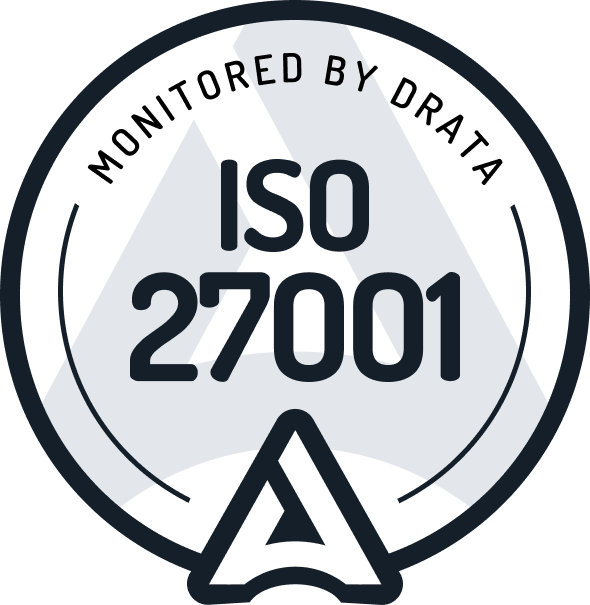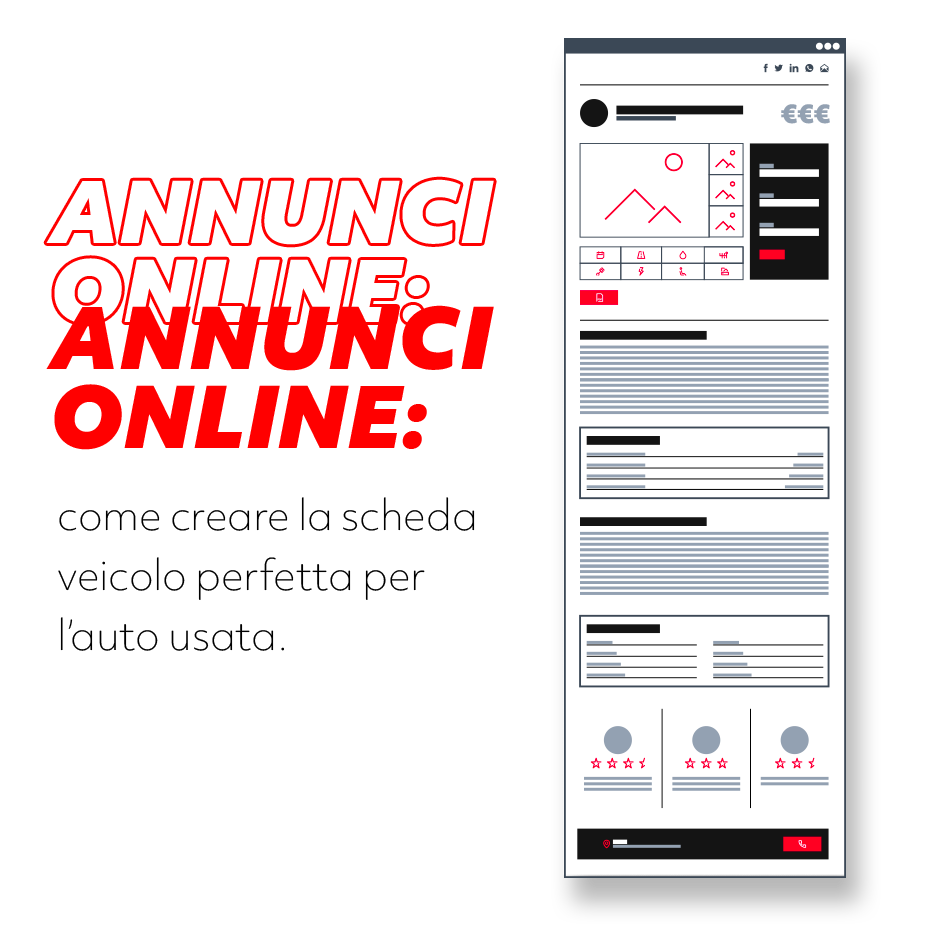The term ‘Industry 4.0‘ was first used in 2011 in Germany, as a title for a project involving investments in infrastructure, schools, energy systems, research institutes, and companies.
Today, this concept refers to ‘a trend in industrial automation that integrates a number of new production technologies to improve working conditions, create new business models, and increase the productivity and production quality of plants’ (wikipedia).

Following the first three trends, marked by the diffusion of a technological breakthrough, we are now entering a ‘fourth industrial revolution‘ that is not identified in terms of a specific object, but by the pervasiveness of technology: from the extension of its fields of application, to the ‘projection’ of its possibilities (partly due to machine learning and artificial intelligence).
This revolution is based on the integration of already consolidated technological principles, with the availability of more resources for their use, allowing the creation of new and more efficient processes, which in some cases produce new goods and services.
It is precisely in the value of digitalisation that the continuity between the “paradigm” of Industry 4.0 and the issue of Digital Transition lies, which Dealers have been approaching for some time now, in a slow but steady process of change that has the ability to respond to the fluidity of Customers’ needs regarding “mobility” looming on the horizon.
TECHNOLOGY IS A RESOURCE, NOT AN END.
The real opportunity for dealers in the context of Industry 4.0 lies in the ability to transform Technology into Resource, in a broader sense than has been the case so far: digital technologies are the raw material, data are the object of the Dealer’s business activity.
We can define a smart dealership as the Dealer that uses a common raw material (technology) but knows how to transform it (based on the data it manages) according to its specific needs.
In order to truly understand what Industry 4.0 represents for the Automotive Dealer we have to consider the Objectives of this paradigm of change, at what are the Drivers of this change, and at what principles should inspire us.

The overlap between the objectives of Industry 4.0 and the strategic content of Customer Centricity for the Automotive Dealer may seem surprising, but it is neither a stretch nor a coincidence: excellence in data and information management, collaborative abilities of sales organisation, innovation in the product life cycle and innovation in customer management as a booster for matching supply and demand (of products and services), are just some of the main touch points.
To act on the Dealer’s organisational processes according to these objectives means ‘networking’ between the organisation, technological interfaces, systems and tools, in a digital ecosystem where the relationship between people and technology can generate a continuous exchange of value.
For their own sales organisation, dealers should not be asking which solutions does digitisation offer to improve sales performance.
Rather: “what can I digitise in the sales process to enable this value exchange”.
DEALERS SHOULD ASK THEMSELVES WHAT CAN THEY DIGITISE
Digitisation is a process like any other, to make the organisation work; technology is the tool with which to activate and support this process.
Relationships and real-time interaction with the customer, virtualisation (including sales process), and service orientation are among the principles that inspire the objectives of Industry 4.0 and are most easily linked to the Automotive Dealer’s business. We can project these same principles on three main areas of intervention: the optimisation of tools and systems according to the Dealer’s true organisational needs, integration of the Customer’s online and in-store experience, implementation of new services (for commercial development, for sales, for after-sales) based on the management of data and information.
The next process is your Customer
Putting the organisation at the centre of this transition process means accepting that the meaning of “Customer centrality” is not limited to the Customer’s experience, but also concerns the Dealer’s experience with the Customer.
The new Smart Dealership, like the smart factory 4.0, is not a passive subject in the face of the demands and pervasiveness of digital technology, but a creative subject: it does not chase change, it does not adapt to the needs dictated by change, but supports the entire organisation in responding to ‘how to make’ change.
Implementing and organising this response, supporting the capacity of the entire organisation to generate development through digitalisation, represents the space that opens up for new professional skills (such as that of the Digital Transformation Manager): skills at the service of the digital ecosystem.
We can therefore complete the definition of Industry 4.0 as:
use in industrial production
and customer interactions
of digital technologies
that enable
new and more efficient processes
making it valid and interesting for the car dealership business as well.
SMART DEALERSHIPS WILL DRIVE CHANGE
In the era of Digital Transition, smart dealerships that are able to innovate their processes will drive change.
Gianluca Passaro
Management and Business Organization Consultant








